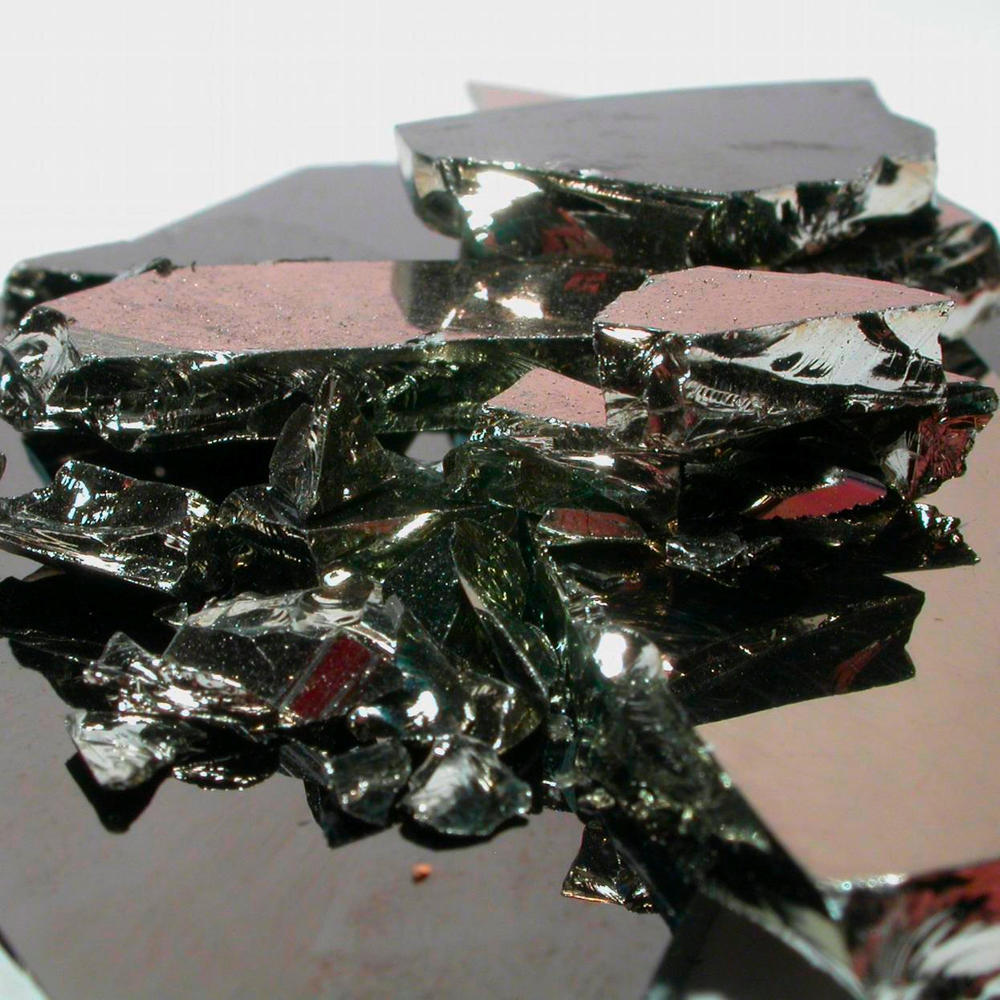Germanium is a rare chemical element, an associated component of some coals, related to strategic mineral raw materials used in radio electronics to create thermal imaging and fiber optics, including those used in the space industry. The export of such materials is strictly controlled by the state, and special requirements are made for accounting for strategic reserves of Germany.

Germanium is put on the balance of industrial reserves of natural resources of the country when it is contained in rocks from 50 grams per ton or more. In the coals and rocks of the Pavlovsky coal deposit, which is the main Russian deposit in Germany, its average content is about 400-450 grams per ton, and in some areas reaches 2 kg.
Previously, the composition of impurities in coal was for the most part determined at specialized research institutes and was a technologically complex, lengthy, and rather dangerous process, since methods using highly concentrated mineral acids were used, which required increased safety measures and the disposal of toxic waste.
The laboratory, which was opened in the Novoshakhtinskoye open-pit mine LLC Primorskugol, which is developing the Pavlovskoye coal deposit, will determine the germanium content using new modern technology. Its main advantage and difference from the traditional method is the use of high-tech spectral equipment of domestic production, which can significantly increase the accuracy of the analysis results and exclude aggressive chemical reagents.
“This laboratory is unique. For the first time in Russia, a production structure has been created at the mining enterprise, the purpose of which is to study the microelement composition of coal with maximum accuracy , ”emphasizes Sergey Silyutin, head of the coal quality and enrichment department at SUEK.
In order to develop the laboratory’s methodological base, experts from the Laboratory “Coal Physics and Chemistry” of NUST “MISiS” were involved. Its head, Doctor of Technical Sciences, Professor Svetlana Epstein, considers the opening of the laboratory in RU Novoshakhtinskoye to be a transition to a new level of accounting for Russian reserves of Germany.
“ Monitoring the concentration of germanium during its extraction and processing requires the use of modern analytical equipment and reliable metrological support. This minimizes the loss of valuable raw materials during mining and ensures efficient processing. The opened laboratory is equipped with the most modern equipment, which suggests that the people who work here will be equal in level to the employees of the research institute, ”Svetlana Epstein emphasized. “ In their research, they will be able to solve a wider range of problems . ”
The new methodology became the basis for the development of state standard samples of the approved type of content of germanium in coals, which are registered and entered into the Federal Information Fund for ensuring the uniformity of measurements. This is important for observing the quality and reliability of the work on the determination of germanium in coals, their charge and the correct preparation of product quality certificates. The technique is fully provided with metrological accuracy control tools. Specialists in the Ural Research Institute of Metrology also took an active part in its development.
“The opening of such a laboratory is the first step towards the development of the enterprise as part of the implementation of a long-term strategy, ” said Andrei Dyakonov, director of RU Novoshakhtinskoye LLC Primorskugol. “ Undoubtedly, such a structure opens up new prospects for the enterprise - it will allow us to begin research on the presence of rare-earth metals contained in coal . ”